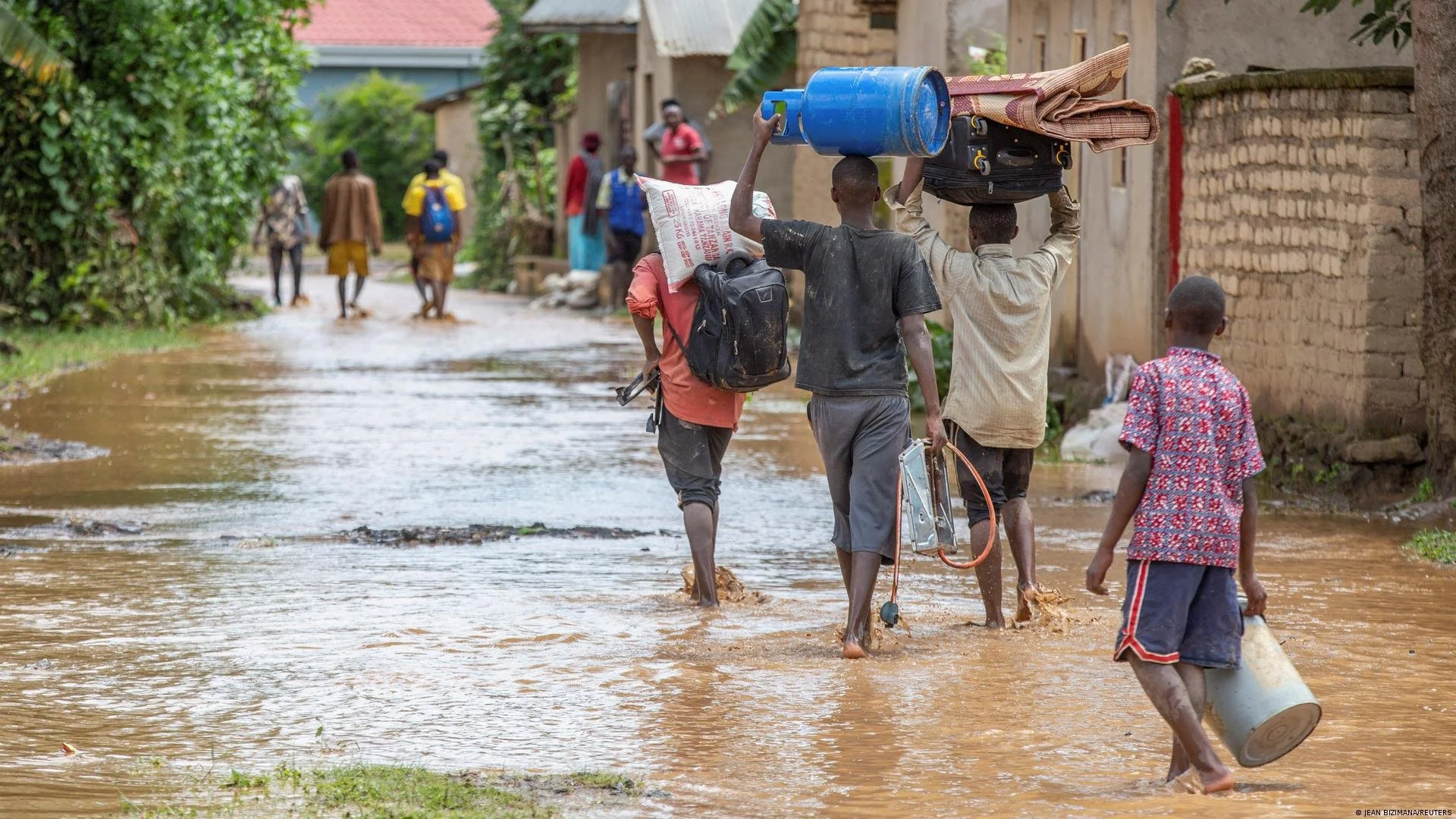On the heels of the Africa Climate Week in early September and happening just over two months before the beginning of COP28 in Dubai, on Wednesday UN Secretary-General António Guterres hosted the first-ever Climate Ambition Summit during the UN General Assembly high-level week in New York. As the name suggests, the goal of the summit was to identify and encourage serious and urgent action on climate change.
This is just the latest call for climate action from the Secretary-General. With this summer’s record-breaking temperatures, Guterres remarked that the “era of global boiling” and “climate breakdown” is upon us. These emotive words mirror what civil society organizations and even many governments have been saying for quite some time now: not only must we act now, but we must act at the proper scale, something that is still missing from many talks and proposals.
And while discussions at the international level continue, communities around the world continue to experience loss and damage from climate change. For these communities, high-level talks are a distant echo of what they are seeing each and every day: reduced livelihood options, threats to physical and mental well-being, entrenched poverty and development losses, human rights violations, and forced displacement.







